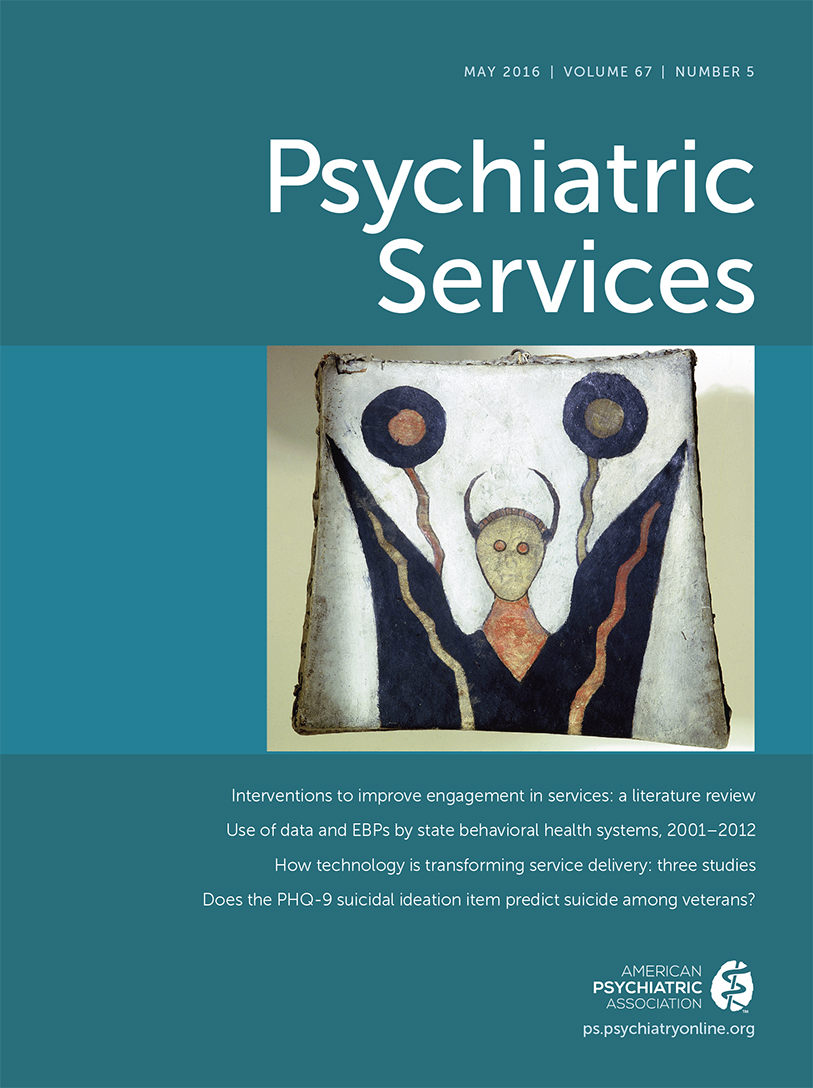State Laws on Emergency Holds for Mental Health Stabilization
Abstract
Objective:
Psychiatric emergency hold laws permit involuntary admission to a health care facility of a person with an acute mental illness under certain circumstances. This study documented critical variation in state laws, identified important questions for evaluation research, and created a data set of laws to facilitate the public health law research of emergency hold laws’ impact on mental health outcomes.
Methods:
The research team built a 50-state, open-source data set of laws currently governing emergency holds. A protocol and codebook were developed so that the study may be replicated and extended longitudinally, allowing future research to accurately capture changes to current laws.
Results:
Although every state and the District of Columbia have emergency hold laws, state law varies on the duration of emergency holds, who can initiate an emergency hold, the extent of judicial oversight, and the rights of patients during the hold. The core criterion justifying an involuntary hold is mental illness that results in danger to self or others, but many states have added further specifications. Only 22 states require some form of judicial review of the emergency hold process, and only nine require a judge to certify the commitment before a person is hospitalized. Five states do not guarantee assessment by a qualified mental health professional during the emergency hold.
Conclusions:
The article highlights variability in state law for emergency holds of persons with acute mental illness. How this variability affects the individual, the treatment system, and law enforcement behavior is unknown. Research is needed to guide policy making and implementation on these issues.



